If you’ve ever felt that burning sensation creeping up your chest after a meal, you’re not alone. Millions of people experience acid reflux and heartburn on a regular basis—and for many, it’s more than just a minor discomfort. Whether it hits after spicy takeout, a greasy dinner, or even your morning coffee, that fiery pain can throw off your whole day (or night). While medications can help, you might be surprised to learn that some of the best relief can come straight from your plate.
Yes, food can be both the problem and the solution. Certain ingredients are known triggers—like high-fat meals, citrus, tomatoes, chocolate, and caffeine—but there’s a whole other category of foods that actually help calm the burn. These everyday staples can work naturally to reduce stomach acid, support digestion, and soothe irritation in the esophagus without the need for a prescription or over-the-counter remedy.
From high-fiber breakfast favorites to anti-inflammatory roots and alkaline veggies, the right foods can help you manage your symptoms, feel better faster, and even prevent future flare-ups. You don’t have to overhaul your entire diet—just making a few smart swaps or additions can make a world of difference. And the best part? Many of these reflux-fighting foods are already in your kitchen.
Whether you’re dealing with occasional heartburn or chronic acid reflux, this guide highlights 16 everyday foods that can help bring your digestive system back into balance. Backed by health experts and loved for their natural healing properties, these ingredients aren’t just easy on your stomach—they’re also delicious, versatile, and easy to work into your routine.
1. Low-Fat Dairy
Low-fat dairy products like yogurt, kefir, and skim milk can help buffer stomach acid and create a soothing barrier along the digestive tract.
Unlike full-fat versions, which may aggravate reflux, lower-fat options are easier to digest and less likely to relax the lower esophageal sphincter. Yogurt with live cultures can also support gut health and balance digestive flora, which may reduce flare-ups.
Choose plain or lightly sweetened varieties to avoid added sugars that can trigger symptoms. Incorporating a serving into your breakfast or snack routine can provide both comfort and protein without the acidic backlash.
2. Alkaline Foods
Alkaline foods help balance the body’s pH and naturally counteract excess stomach acid. Gentle, non-acidic fruits like bananas and melons, along with alkaline-rich vegetables such as cauliflower and broccoli, are excellent choices for anyone prone to heartburn.
These foods don’t just sit gently in the stomach—they also support overall digestion and can help prevent acid from backing up into the esophagus.
Because they’re low in fat and sugar, they’re less likely to trigger reflux symptoms. Adding a mix of alkaline foods to your meals can be a simple yet effective way to create a more reflux-friendly diet.
3. High-Fiber Foods
Fiber-rich foods like oatmeal, brown rice, and quinoa play a key role in digestive health by keeping things moving smoothly and reducing pressure in the stomach.
This can help prevent the kind of acid buildup that often leads to reflux. Whole grains also absorb stomach acid, acting like a sponge to soak up excess acidity before it causes discomfort.
Unlike refined carbs, these options are digested more slowly, preventing spikes in stomach acid and blood sugar. A high-fiber diet is also linked to lower overall inflammation, making these foods a daily must for managing heartburn and supporting gut balance.
4. Leafy Greens
Leafy greens like spinach, kale, arugula, and romaine lettuce are some of the most reflux-friendly vegetables you can eat. They’re low in acid, high in fiber, and packed with essential nutrients like magnesium and folate that support digestion and calm inflammation.
Because they’re low-calorie and low-fat, they don’t trigger the stomach to overproduce acid, making them a smart base for meals.
Whether eaten raw in salads or lightly cooked, leafy greens can bulk up your plate without upsetting your stomach. For a gentle, gut-friendly way to add volume and nutrition, greens are an easy win.
5. Watery Foods
Foods with high water content, like cucumbers, celery, lettuce, and melons, help dilute stomach acid and reduce the risk of reflux after meals.
These foods are not only hydrating, but they also contribute to a feeling of fullness without adding heaviness or fat that can slow digestion. Because they’re typically low in acidity and fiber-rich, they slide through the digestive tract with ease.
They also help maintain a healthy fluid balance, which supports proper digestion and helps flush out irritants. Incorporating more watery foods into your meals and snacks can be a refreshing, cooling strategy for managing acid reflux.
6. Ginger
For centuries, ginger has been the go-to remedy for upset stomachs across cultures worldwide. This knobby root contains powerful compounds that reduce inflammation in the digestive tract while promoting healthy muscle function in the stomach.
Ginger helps food move through your digestive system more efficiently, preventing the backup that can lead to acid reflux. Its natural anti-nausea properties also make it perfect for soothing multiple digestive complaints simultaneously.
Try sipping warm ginger tea after meals, adding fresh ginger to smoothies, or chewing on a small piece of crystallized ginger when heartburn threatens to ruin your day.
7. Salmon
Not all proteins are created equal when it comes to fighting acid reflux. Salmon stands out as a digestive superstar thanks to its impressive omega-3 fatty acid content that naturally reduces inflammation throughout your body – including your digestive tract.
Unlike fatty red meats that can trigger heartburn, salmon digests easily without producing excess acid. The healthy fats in salmon actually help strengthen the lower esophageal sphincter, the muscle that prevents stomach contents from flowing backward.
Baking or grilling salmon with gentle herbs and a drizzle of olive oil creates a delicious meal that won’t leave you reaching for antacids afterward.
8. Lean Poultry and Meats
Lean cuts of meat like skinless chicken breast, turkey, and trimmed beef offer protein without the heavy fats that can worsen reflux symptoms.
Fatty meats tend to slow digestion and increase stomach acid production, while lean proteins are easier on the stomach and less likely to trigger symptoms. Grilling, baking, or steaming them without heavy sauces or spices is ideal.
They pair well with high-fiber grains and vegetables, making them a versatile staple in reflux-friendly meals. When seasoned simply and cooked lightly, lean meats can provide lasting satisfaction without the burn.
9. Root Vegetables
Root vegetables like carrots, beets, and sweet potatoes are hearty, filling, and naturally low in acid. Their complex carbohydrates and fiber help promote smooth digestion and prevent acid buildup in the stomach.
They’re also rich in vitamins and antioxidants that support gut health and reduce inflammation. Roasting or steaming these veggies enhances their natural sweetness and makes them easy to digest.
Unlike acidic vegetables such as tomatoes or onions, root vegetables tend to be well-tolerated even by those with sensitive stomachs. Adding them to meals creates satisfying, reflux-safe dishes that feel nourishing and flavorful.
10. Whole Grain Bread
Swapping your white bread for whole grain varieties could be the simple change that finally tames your acid reflux. Whole grains contain the bran and germ portions of the grain, which provide substantial fiber that helps absorb excess stomach acid.
The complex carbohydrates in whole grain bread digest more slowly than refined grains, creating less pressure in your digestive system. Many reflux sufferers notice immediate improvement when they make this dietary switch.
Look for breads listing “whole wheat flour” or “whole grain flour” as the first ingredient. Try a slice of toasted whole grain bread when heartburn strikes – it can act as a natural antacid!
11. Aloe Vera Juice
Most people know aloe vera as a sunburn remedy, but this healing plant works wonders inside your body too! Drinking small amounts of aloe vera juice can create a soothing coating along your esophagus and stomach lining, offering relief from the burning sensation of acid reflux.
Aloe contains natural anti-inflammatory compounds that reduce irritation and promote healing of damaged tissue. The cooling sensation provides almost immediate comfort.
Look for decolorized, purified aloe vera juice specifically labeled for internal use – not all aloe products are safe to consume. A quarter cup before meals can help prevent reflux before it starts.
12. Lemon Water
It seems counterintuitive that acidic lemon could help with heartburn, but there’s science behind this remedy! While lemon juice starts acidic, it creates an alkaline effect after digestion, actually helping to neutralize excess stomach acid.
The key is proper dilution – mix the juice of half a lemon in a full glass of room temperature water. This gentle solution stimulates healthy digestion without triggering reflux.
Many people find that sipping lemon water throughout the day gradually reduces their reflux episodes. Morning is an ideal time for this remedy, as it helps activate digestive enzymes and prepares your system for the day ahead.
13. Fennel
Fennel’s distinctive licorice-like flavor might be an acquired taste, but your digestive system will fall in love at first bite! This crunchy vegetable contains compounds that relax the stomach, reduce gas, and decrease acid production – a triple threat against reflux.
Both the bulb and seeds of fennel have been used for centuries as natural digestive remedies. The mild diuretic effect helps reduce bloating that can push stomach contents upward.
Fennel’s fiber content also supports healthy digestion and regular bowel movements. Try chewing a half teaspoon of fennel seeds after meals or adding sliced fennel bulb to salads for natural reflux relief.
14. Parsley
That sprig of parsley decorating your restaurant plate isn’t just for looks – it’s actually a powerful digestive aid! This herb contains compounds that help reduce gas, bloating, and stomach discomfort that often accompany acid reflux.
Parsley stimulates the production of digestive enzymes that break down food more efficiently, reducing the workload on your stomach. Its natural diuretic properties help flush excess fluids that can contribute to bloating and reflux.
The chlorophyll in parsley also acts as a natural breath freshener – a welcome bonus for reflux sufferers who often experience bad breath. Add fresh parsley to salads, smoothies, or sauces for its digestive benefits.
15. Non-Mint Chewing Gum
Reaching for a piece of gum after meals might be one of the simplest ways to prevent acid reflux. The act of chewing stimulates saliva production – and saliva is your body’s built-in antacid, containing compounds that neutralize stomach acid and help wash it back where it belongs.
The key is choosing non-mint varieties, as peppermint and spearmint can actually relax the lower esophageal sphincter, making reflux worse. Cinnamon or fruit-flavored options are better choices.
Studies show that chewing gum for 30 minutes after eating can significantly reduce acid reflux symptoms. Keep sugar-free gum handy for a portable reflux remedy!
16. Chamomile Tea
When bedtime heartburn threatens to keep you awake, chamomile tea offers gentle relief without medication. This herbal brew contains natural anti-inflammatory compounds that calm irritated digestive tissues and reduce spasms in the esophagus.
Chamomile also helps reduce stress and anxiety – emotional factors that can trigger or worsen acid reflux symptoms. The warm temperature of the tea provides immediate comfort to the throat and chest.
Unlike caffeinated beverages that can aggravate reflux, chamomile actually promotes relaxation and better sleep. Enjoy a cup 30-60 minutes before bedtime to prevent nighttime reflux episodes that disrupt your rest.
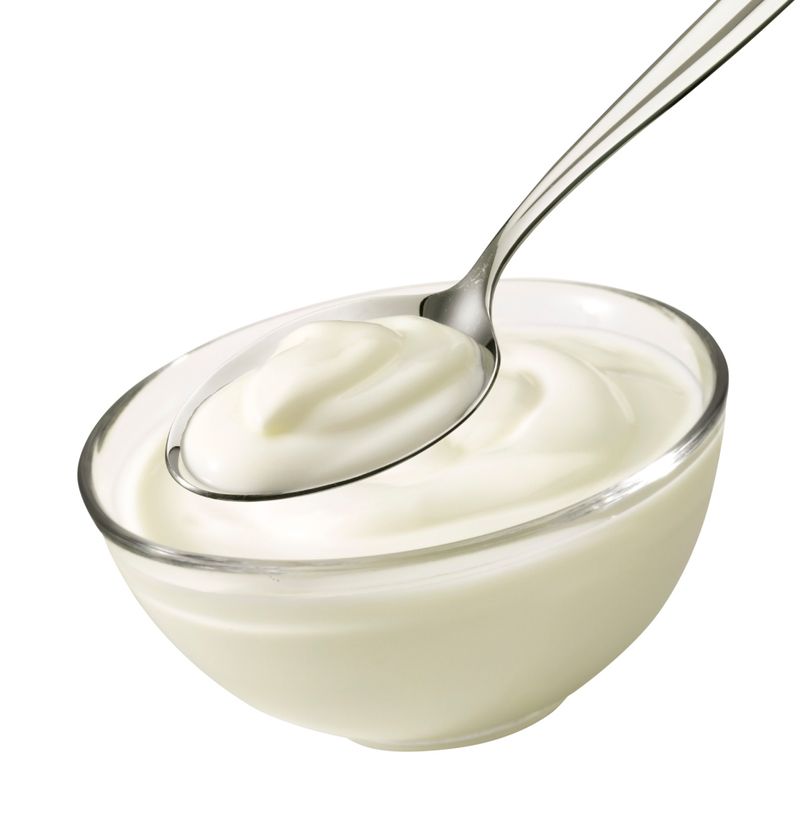
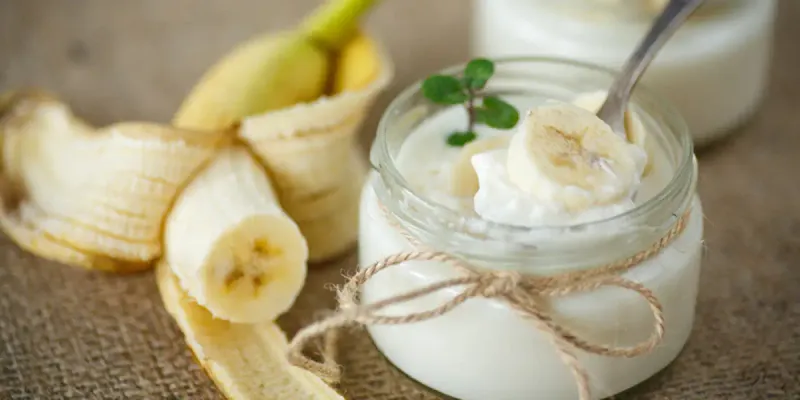
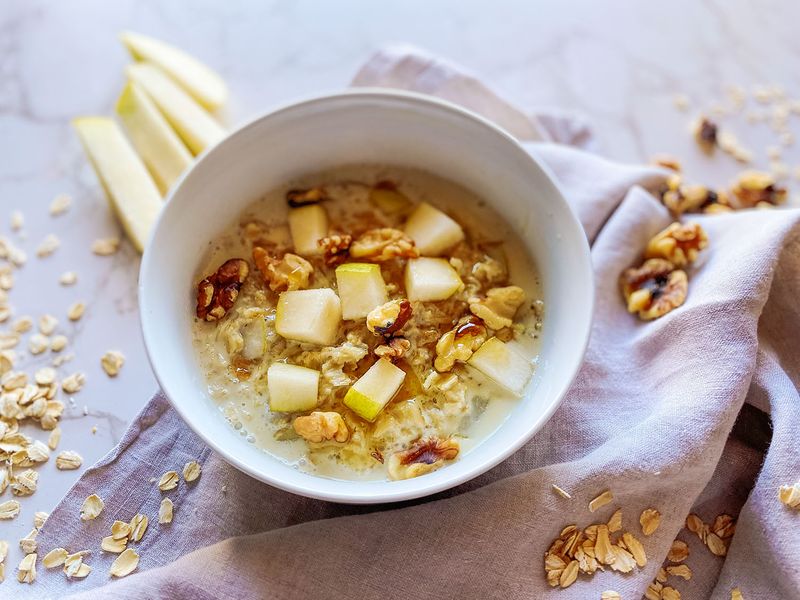
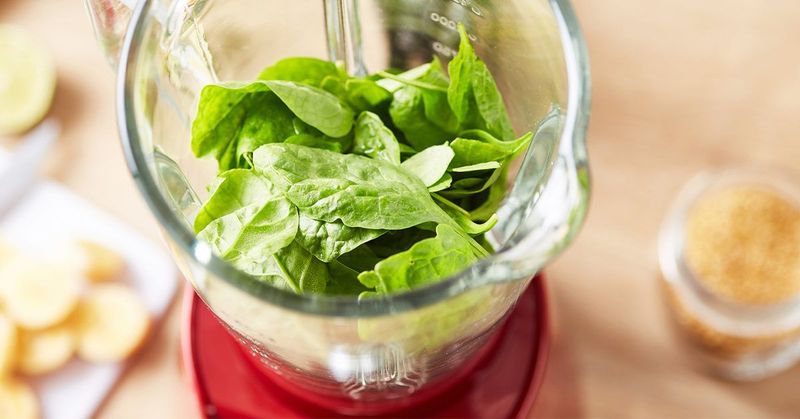
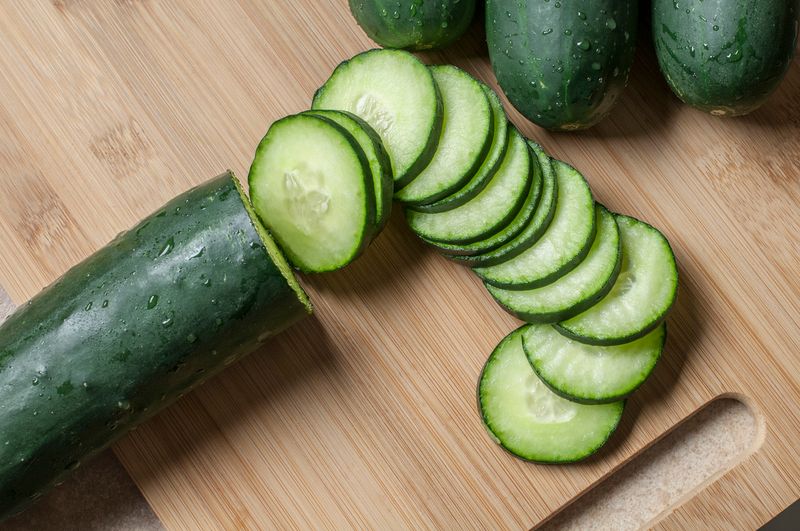
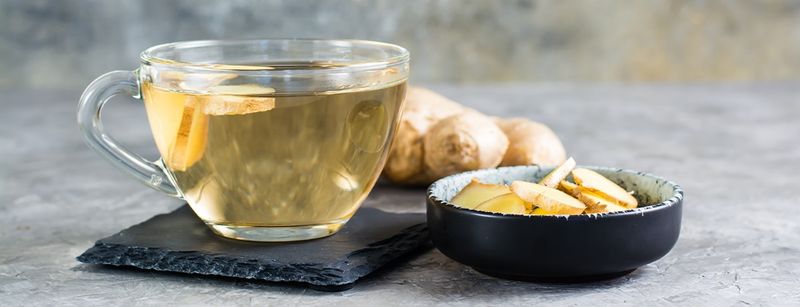

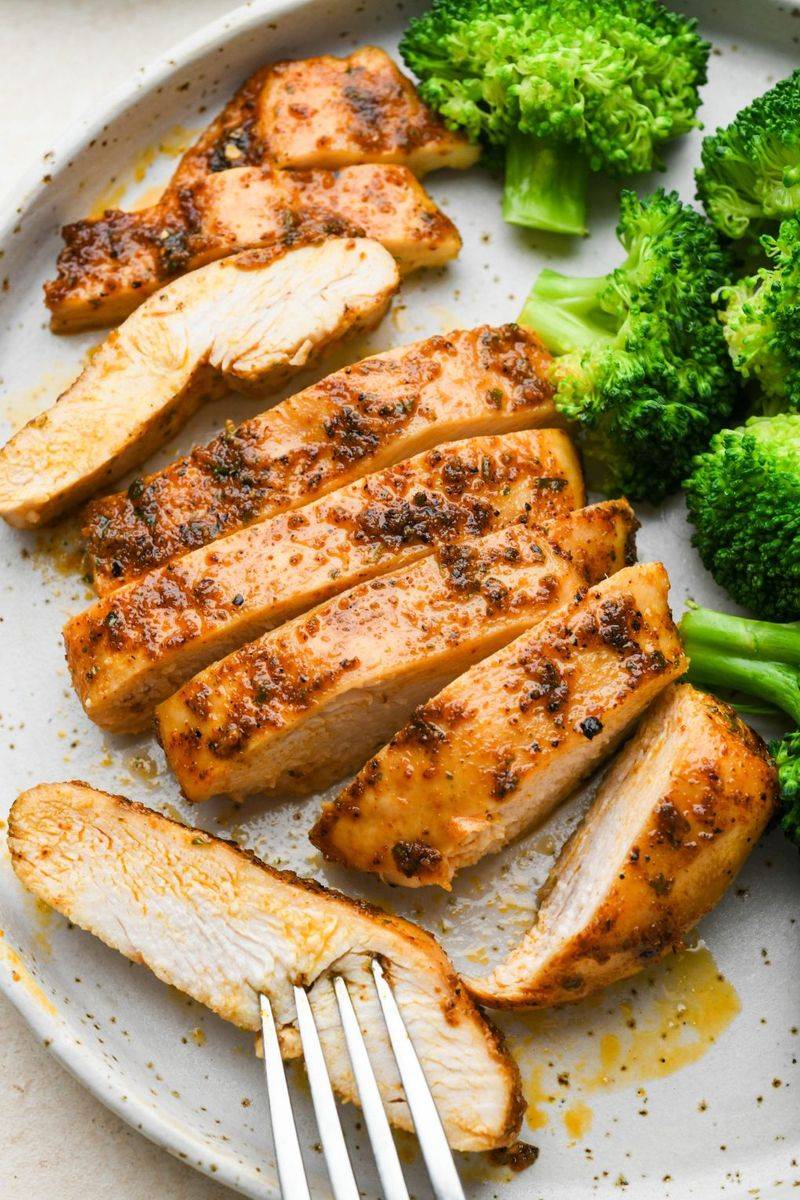
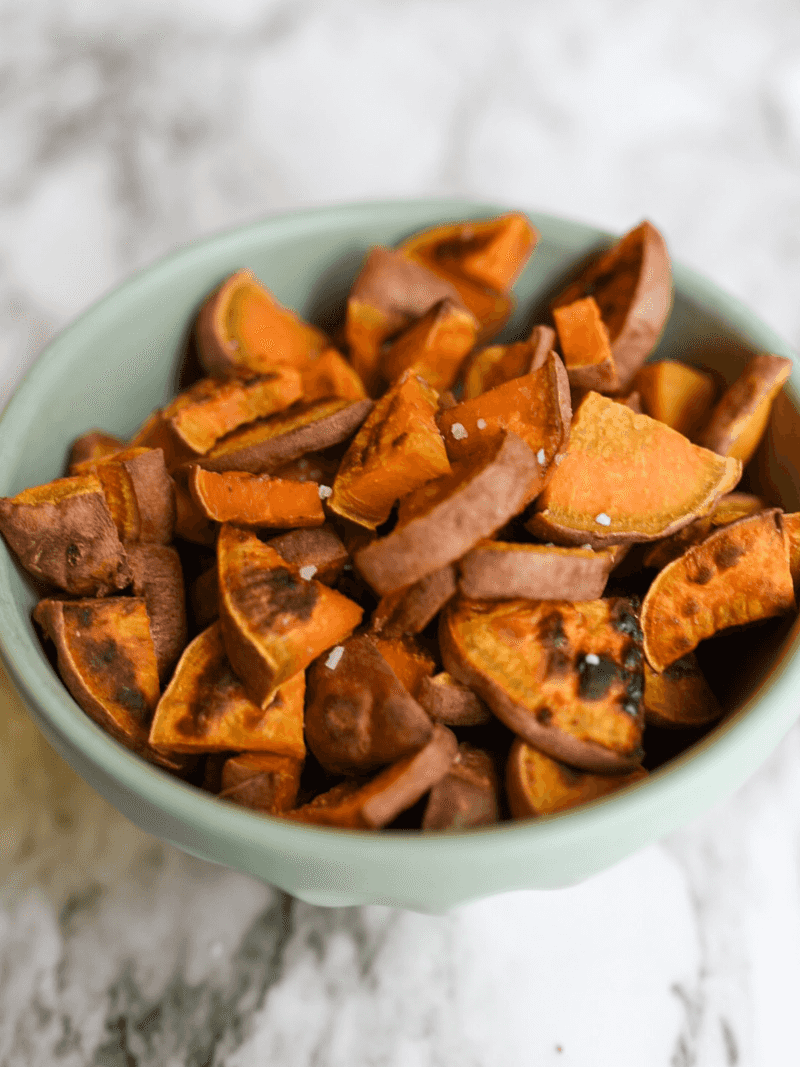
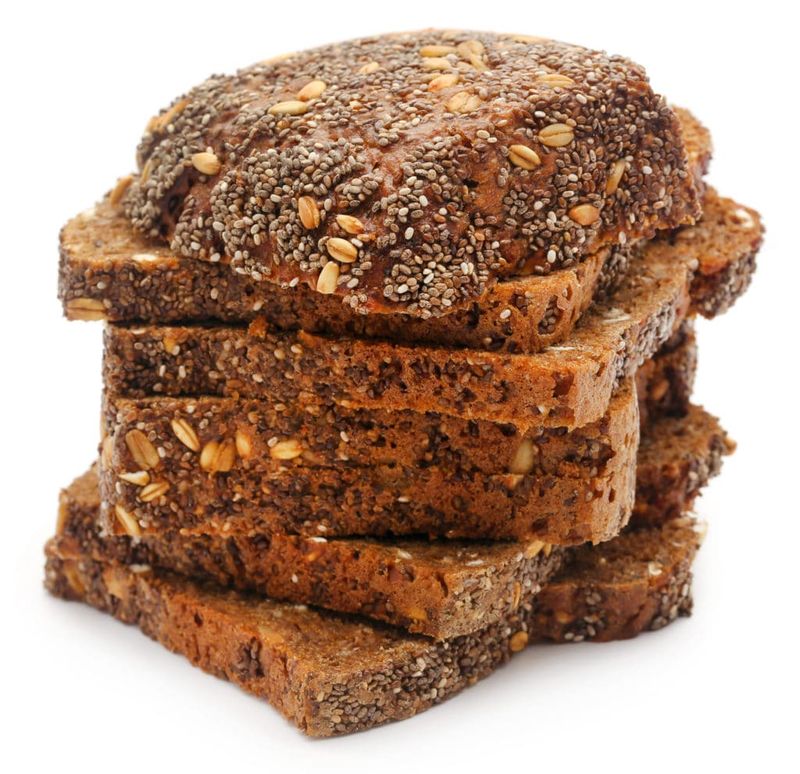
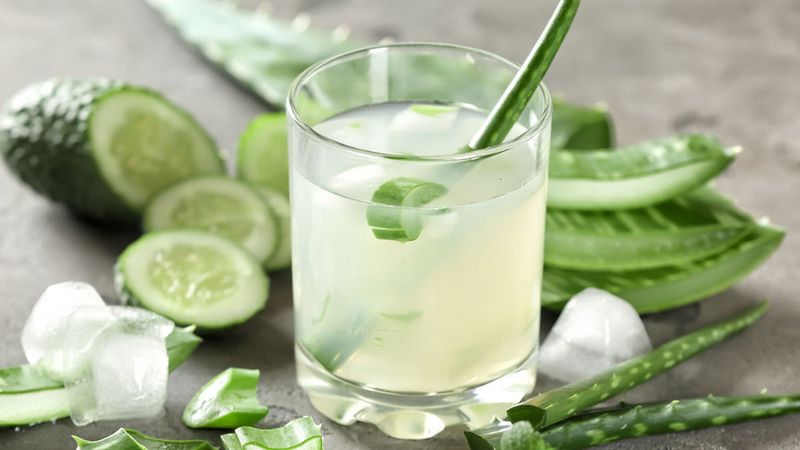

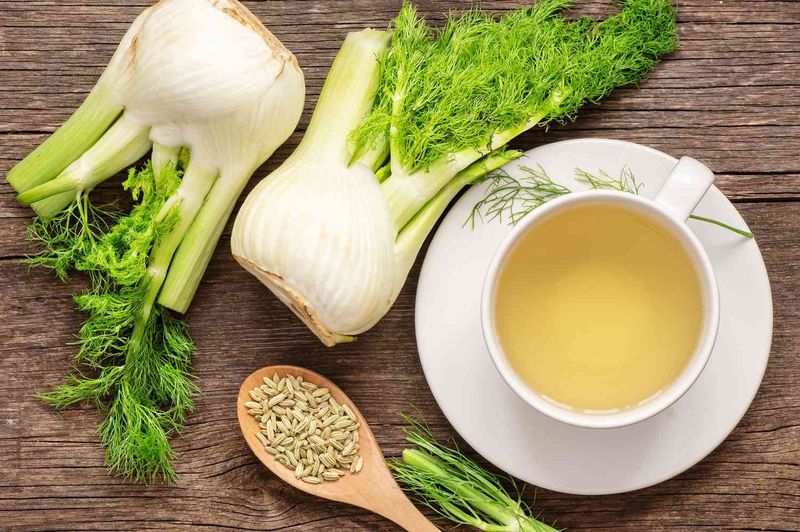
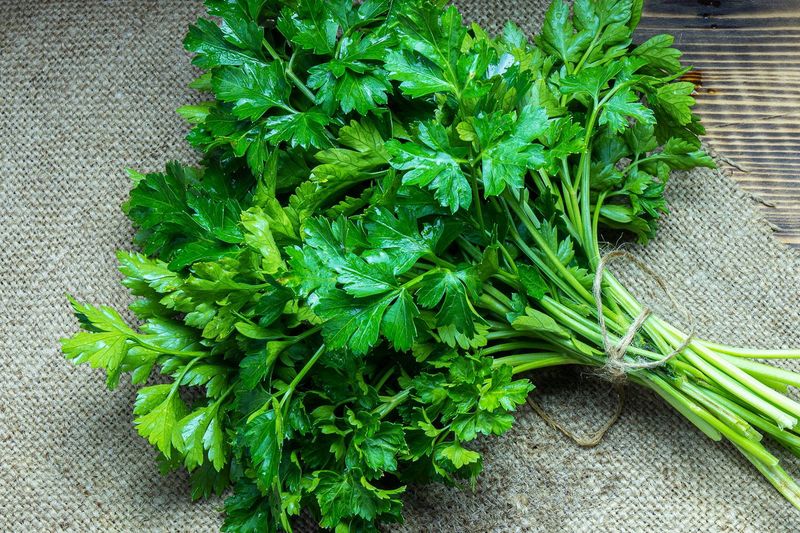


Leave a comment